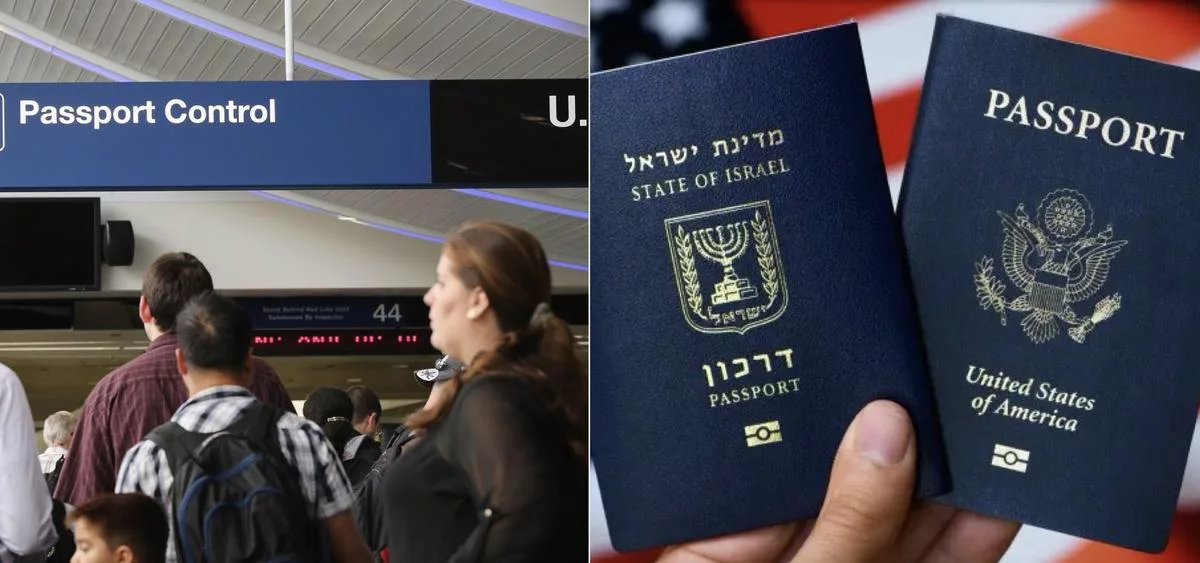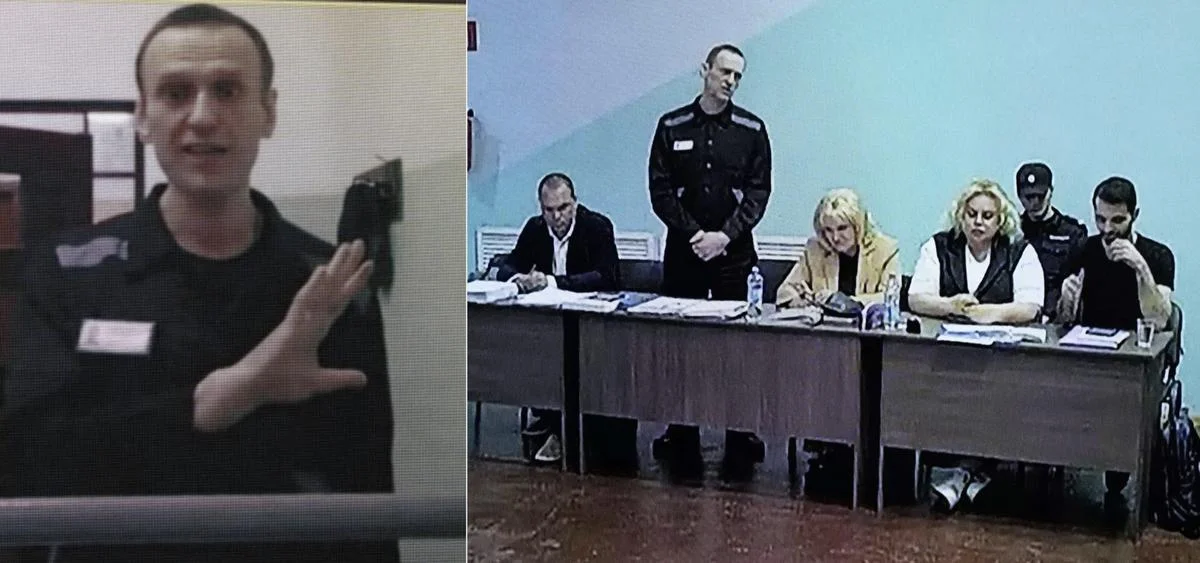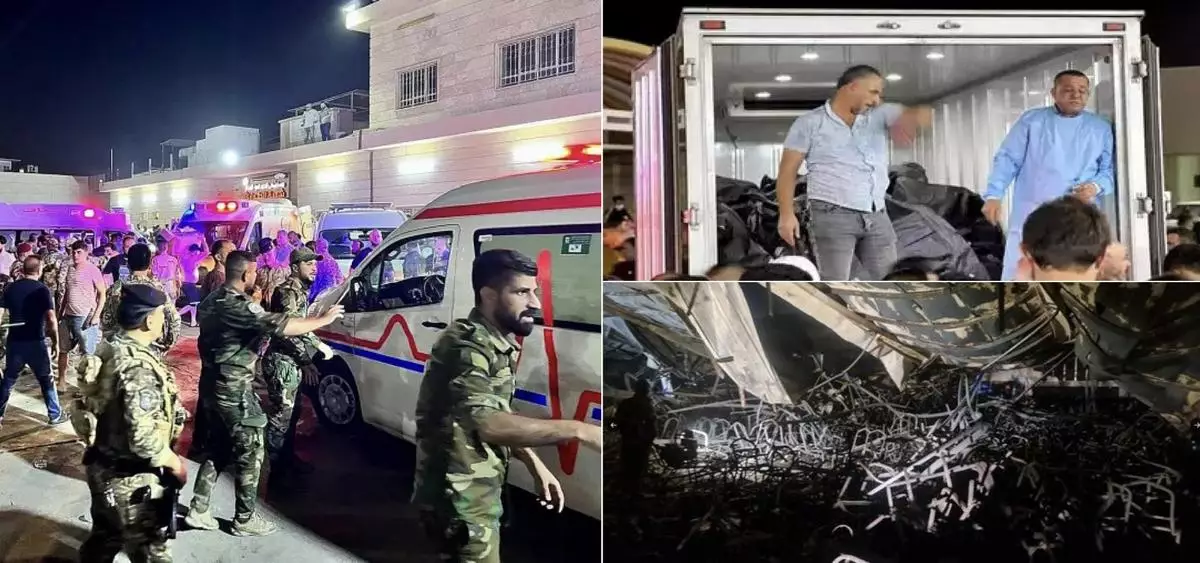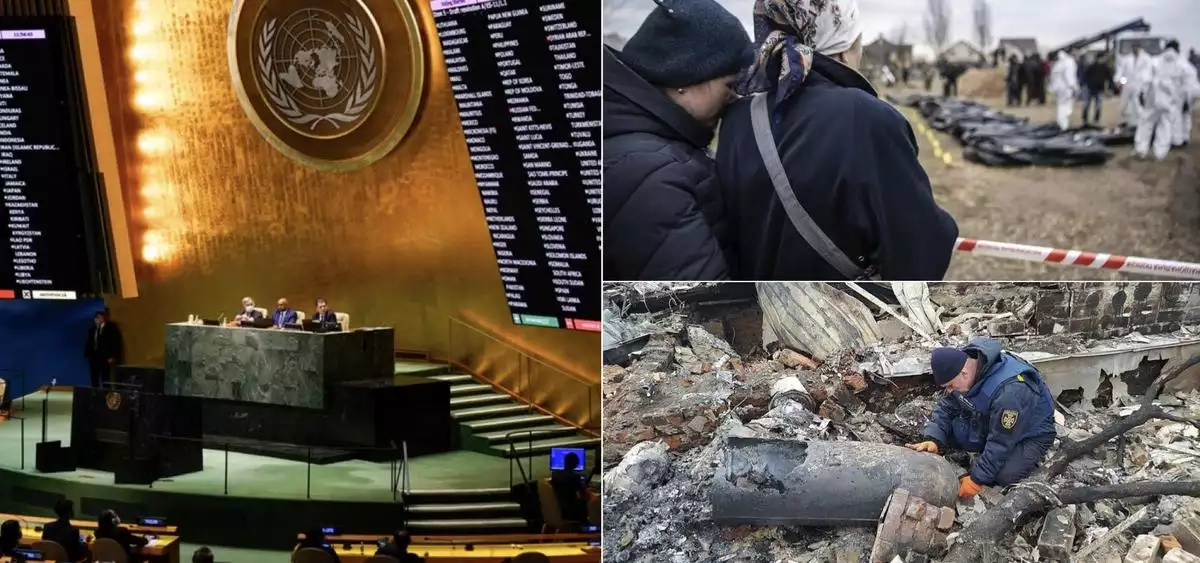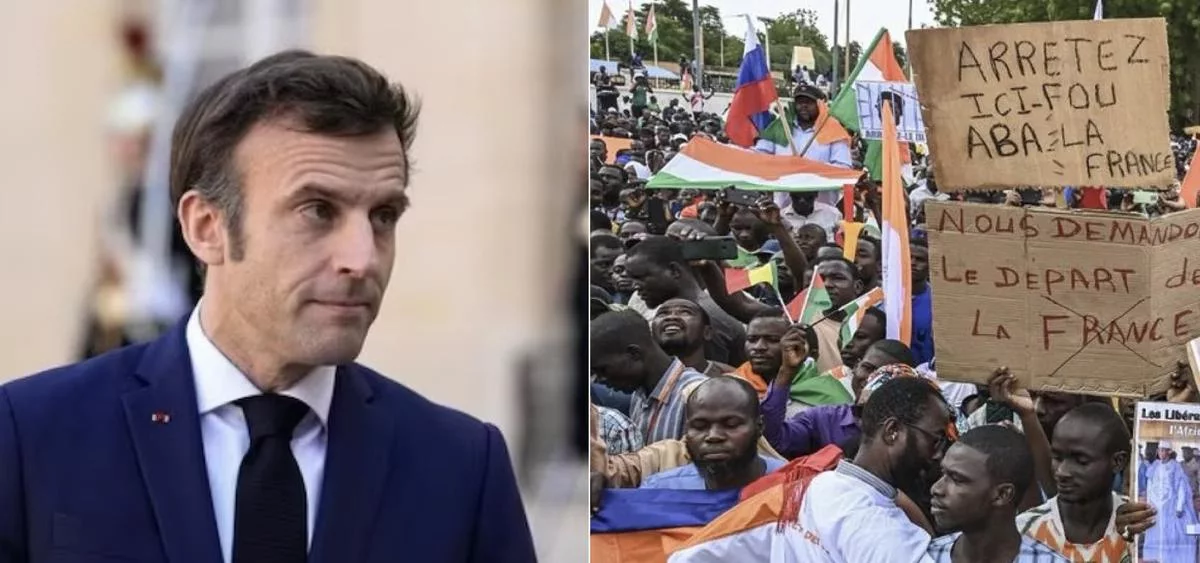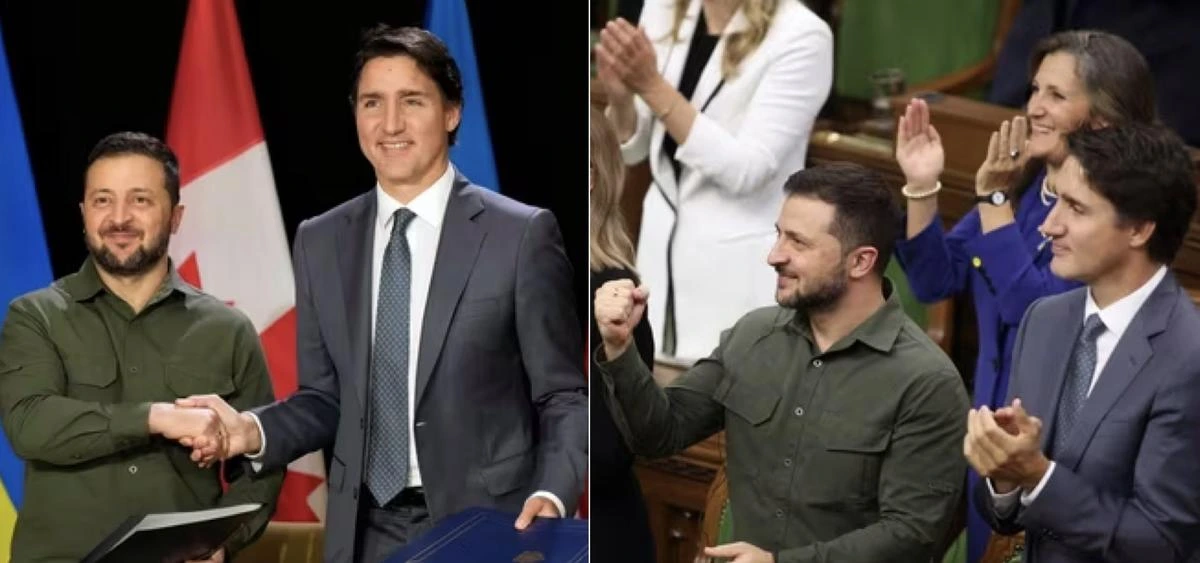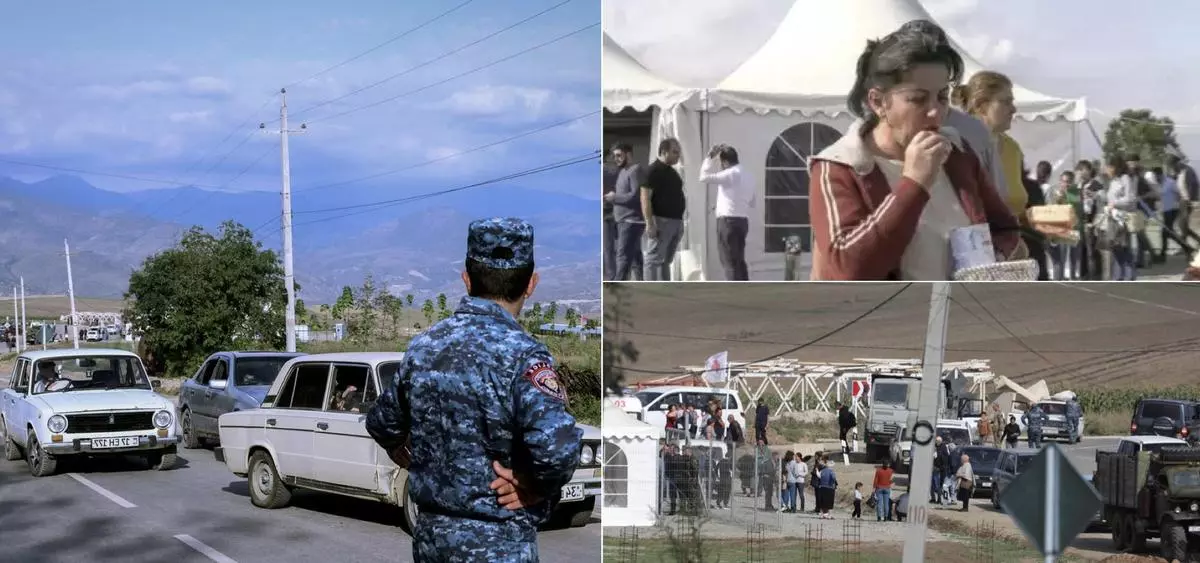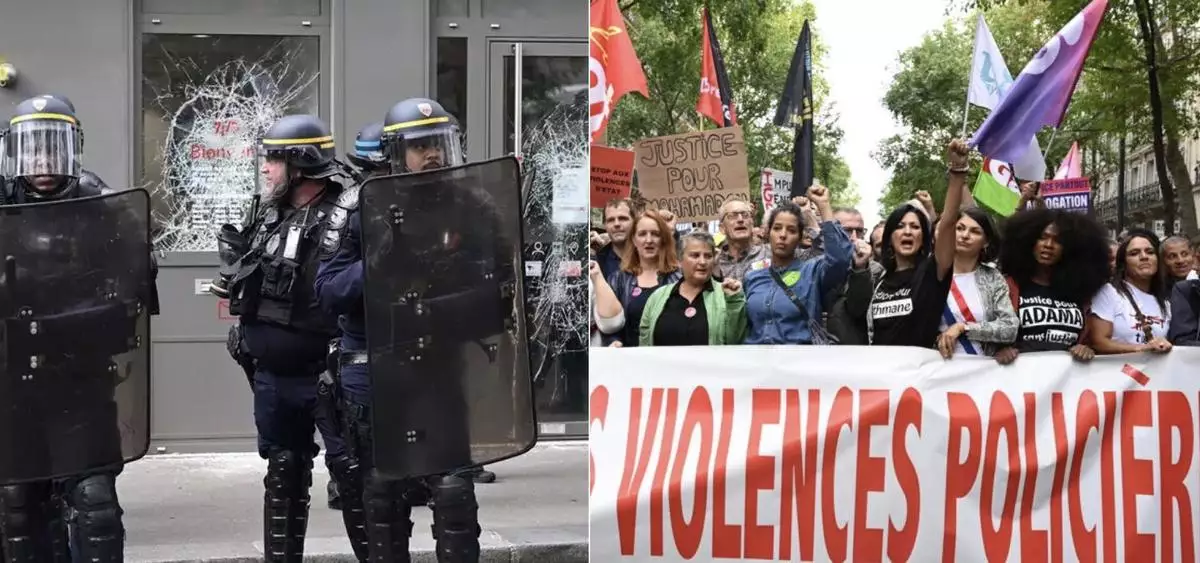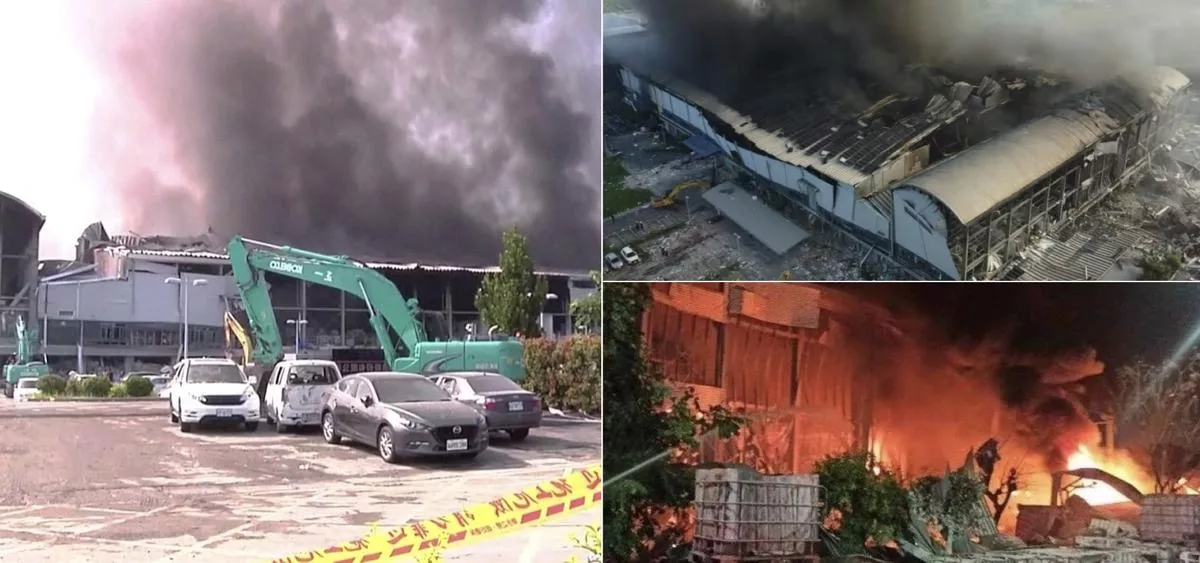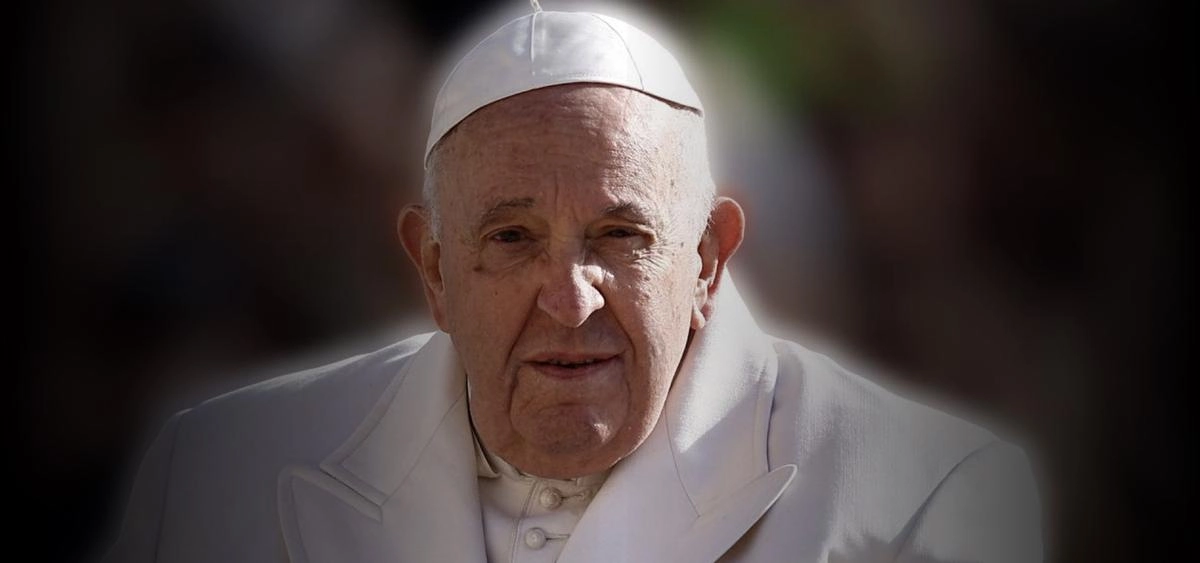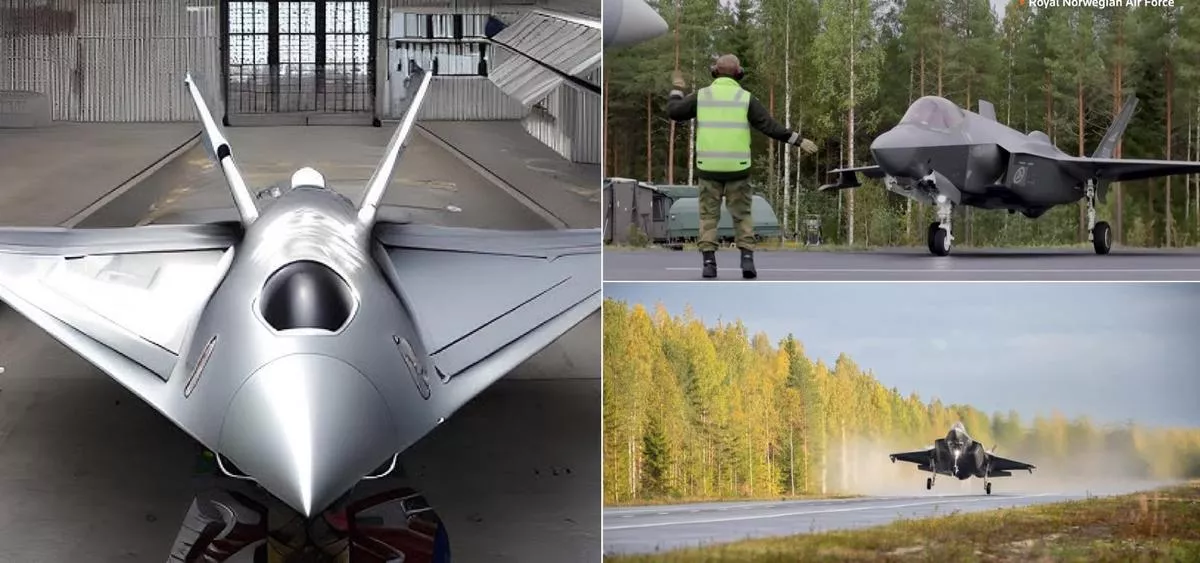The recent internal conflict involving Russia’s Wagner Group, a notorious private military contractor, has become a significant test of President Vladimir Putin’s authority. The group’s leader, Yevgeny Prigozhin, has accused the country’s defense establishment, particularly Defense Minister Sergei Shoigu, of orchestrating a missile attack that resulted in the deaths of Wagner fighters. This accusation has led to accusations of mutiny and has caused a rift between Prigozhin and Putin’s military leadership.
In this article, we delve into the background of the Wagner Group, its role in Russia’s invasion of Ukraine, and the implications of the current conflict.
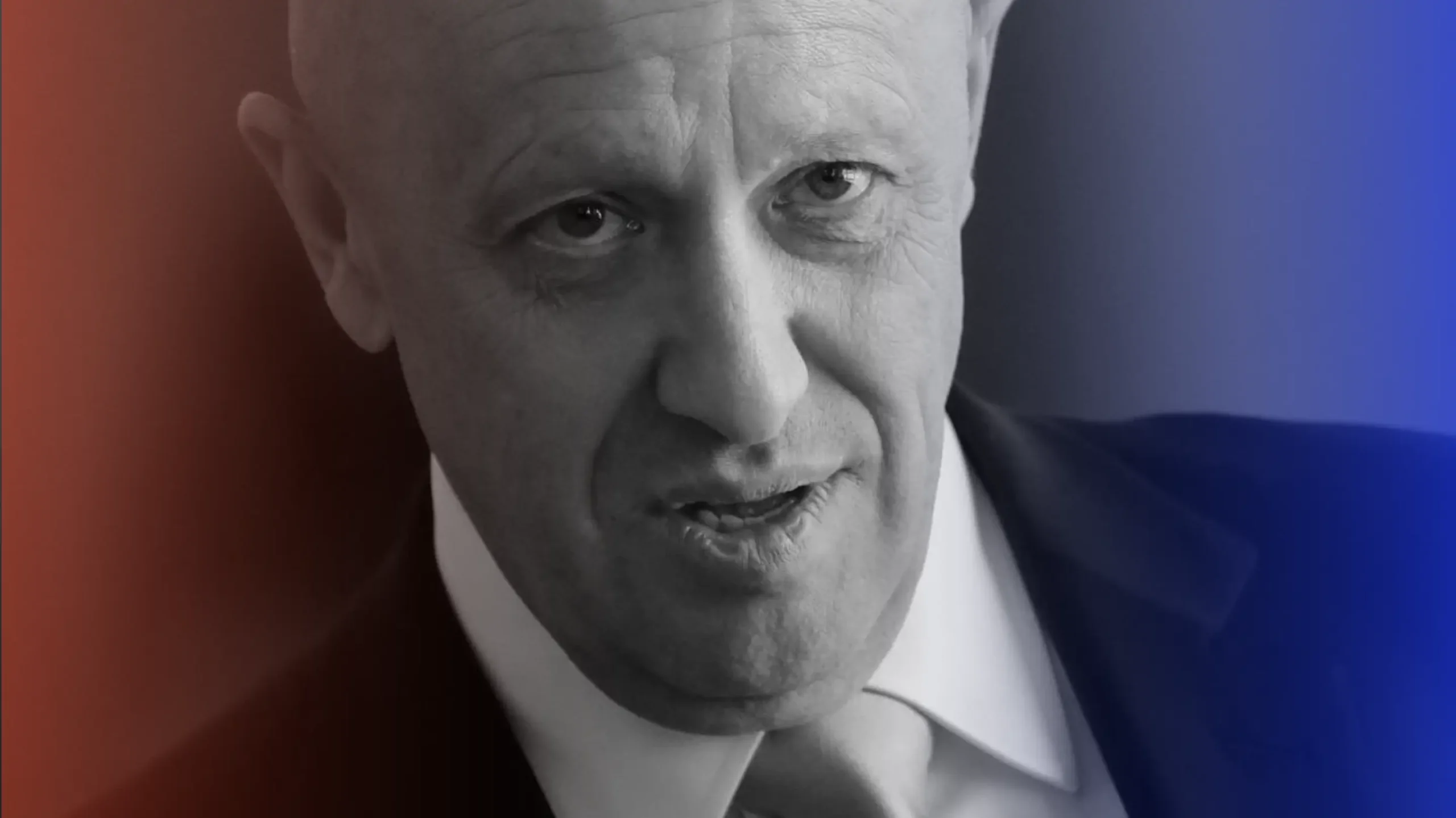
Photo Credit: Google
Who is Yevgeny Prigozhin ?
Head of the private military contractor Wagner, recently made headlines when he called for an armed rebellion in Russia aimed at ousting the country’s defense minister. His provocative statement has drawn significant attention and has resulted in a criminal investigation being initiated against him by Russian security services. In order to understand the significance of Prigozhin’s actions, it is important to delve into his background, the activities of Wagner Group, and their role in the ongoing conflict in Ukraine.
Yevgeny Prigozhin, a 62-year-old entrepreneur, has a controversial history that includes a conviction for robbery and assault in 1981, which led to a 12-year prison sentence. After his release, Prigozhin established a restaurant business in St. Petersburg in the 1990s. It was during this time that he developed a connection with Vladimir Putin, who was then the city’s deputy mayor. Prigozhin leveraged this relationship to secure lucrative catering contracts with the Russian government, earning him the nickname “Putin’s chef.”
Photo Credit: Google
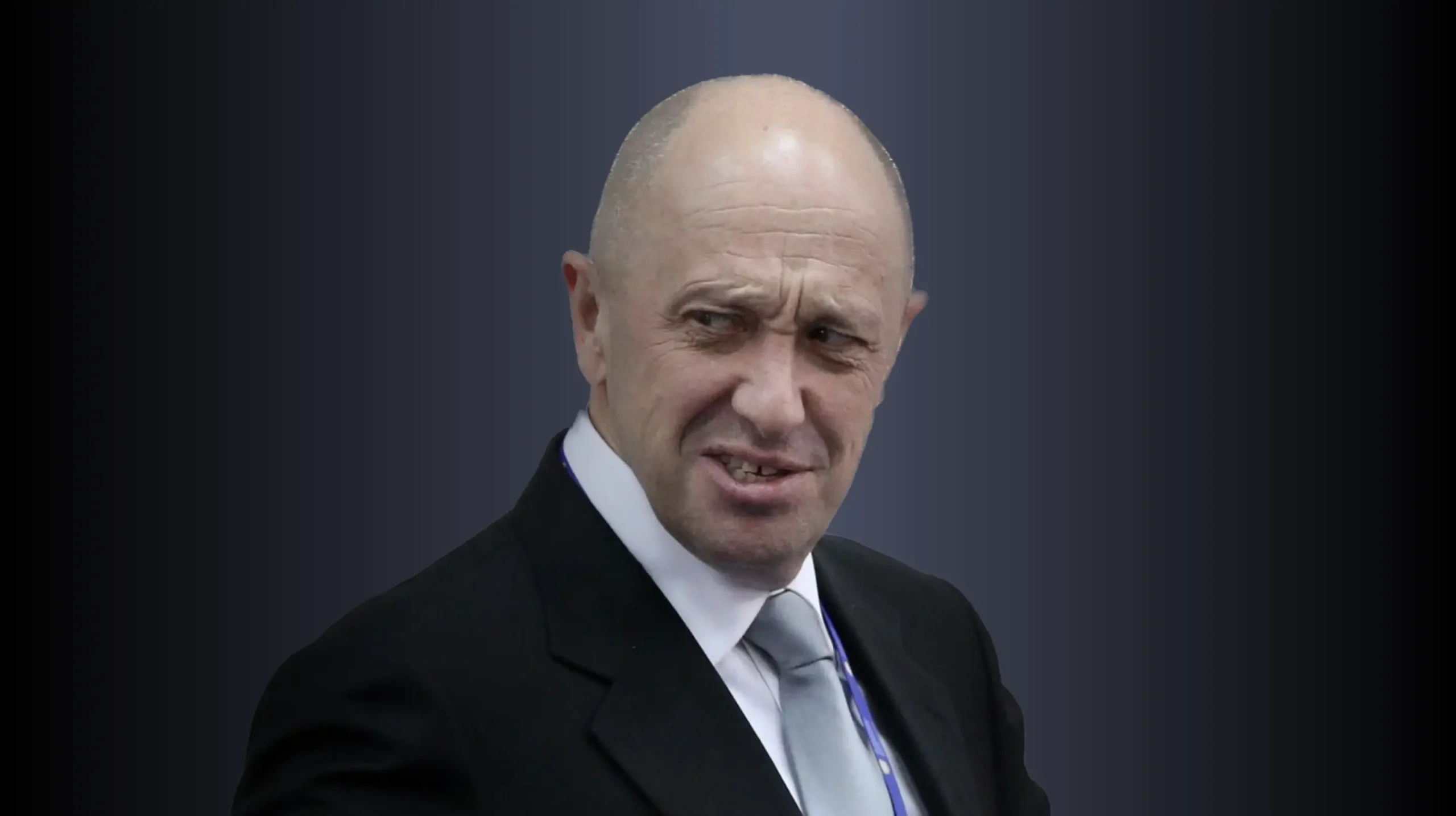
Over time, he expanded his business empire into other areas, including media and the infamous internet “troll factory” that played a role in the alleged meddling in the 2016 US presidential election. In January, Prigozhin publicly acknowledged his involvement in founding, leading, and financing the secretive Wagner Group.
Wagner Group, a private military contractor, first emerged in eastern Ukraine in 2014 following the separatist conflict and Russia’s annexation of Crimea. Although Russia denied direct involvement in the fighting, Wagner Group provided a way for Moscow to maintain deniability while supporting the separatist insurgency. Named after its first commander, Dmitry Valerievich Utkin, a Ukrainian-born retired Russian military special forces lieutenant colonel, Wagner Group quickly gained a reputation for brutality and ruthlessness. It has also refused Moscow’s demand to sign formal contracts with the military.
Photo Credit: Google
The group has been active not only in Ukraine but also in other conflict zones such as Syria, where they supported President Bashar Assad’s government, as well as Libya, the Central African Republic, and Mali.
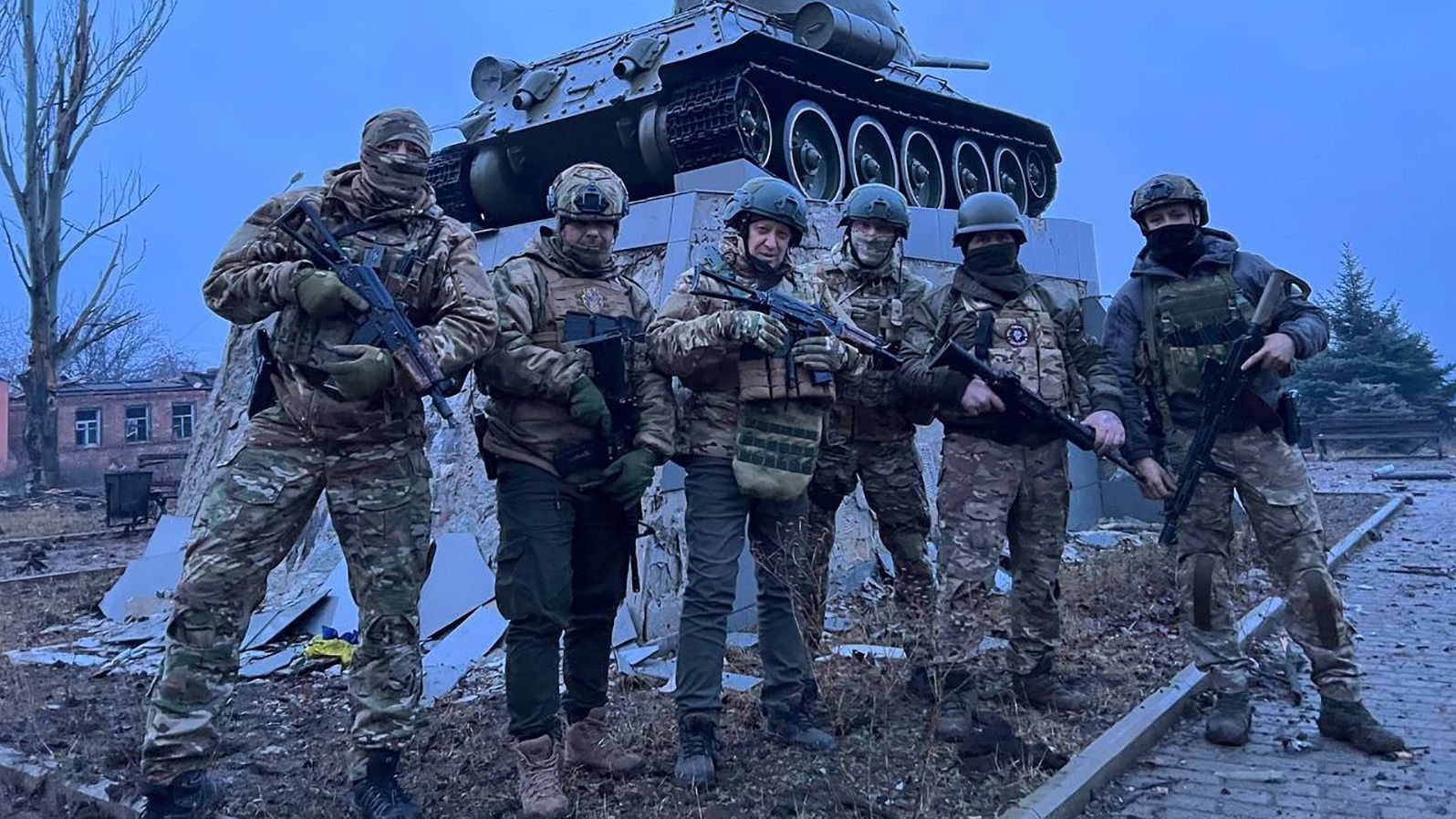
Wagner Group’s activities have been marked by numerous allegations of human rights abuses, including torture, extrajudicial executions, and destabilizing activities. Western countries and UN experts have criticized the group for their actions in Africa and Ukraine. Disturbing videos have surfaced showing purported Wagner contractors engaged in acts of violence and torture. Despite international calls for investigations, the Russian authorities have largely turned a blind eye to these incidents, further tarnishing Wagner Group’s reputation.
In the ongoing conflict in Ukraine, Wagner Group has assumed an increasingly visible role as regular Russian troops faced setbacks and heavy casualties. Prigozhin personally recruited fighters from Russian prisons, offering pardons in exchange for serving on the front lines with Wagner. He claimed to have recruited around 50,000 convicts, of which approximately 10,000 were killed in the conflict. The group’s manpower has been estimated at around 50,000 personnel, including both contractors and convicts. The US has accused Wagner Group of spending approximately $100 million per month on their operations in Ukraine. Additionally, there have been allegations that the group received weapons from North Korea, a violation of UN Security Council resolutions.

Photo Credit: Google
President Putin has relied on the assistance of the Wagner Group throughout the invasion of Ukraine. Despite a tripling of arms output, Russian forces fighting in Ukraine still lacked sufficient advanced weapons. Wagner’s forces played a crucial role in Russia’s ground offensive, culminating in the group’s capture of the eastern Ukrainian city of Bakhmut after more than 220 days of fighting. The invasion has resulted in significant personnel losses for Russia, including undertrained and poorly armed individuals. The exact casualty numbers remain unclear.
Late Friday, Prigozhin accused Russia’s defense ministry of launching a missile attack on a Wagner camp in Ukraine. He claimed that 25,000 of his men were ready to fight alongside the army if faced with resistance. However, the Russian Defense Ministry denied any involvement in the attack.
Prigozhin’s recent call for an armed rebellion in Russia against the defense minister, Sergei Shoigu, has sparked a significant reaction from Russian authorities. The National Anti-Terrorism Committee, part of the Federal Security Services (FSB), announced an investigation into Prigozhin on charges of inciting an armed rebellion. The FSB urged Wagner’s contract soldiers to arrest Prigozhin and reject his orders, characterizing them as criminal and treacher.
Moreover, the rebellion of the Wagner Group raises questions about President Putin’s control over the various factions operating under his command. The fact that a private militia like Wagner, with its own agenda and leadership, can openly defy the military hierarchy suggests a lack of central authority and raises concerns about the overall stability of Putin’s regime.
The conflict also exposes the internal power struggles within Russia. Prigozhin’s criticism of the defense ministry and his threats to withdraw his forces reveal deep-seated tensions and rivalries among different factions vying for influence and resources within the Russian government. This power struggle not only undermines the effectiveness of the military operation but also highlights the challenges Putin faces in maintaining control and managing conflicting interests.
In addition, the conflict with the Wagner Group raises questions about the accountability and oversight of private military organizations. The group operates outside the boundaries of traditional military structures, making it difficult to hold its members accountable for their actions. The lack of transparency and legal frameworks governing such groups highlights the need for international regulations to address the activities of private military entities.
The international community has been closely monitoring the conflict, with the European Union considering it an internal Russian issue, though the ongoing feud is politically damaging to Putin.
Stay connected with Today On Globe for the latest Global Issues and News Updates.
Explore more related articles at [TOG News / TOG Article]



